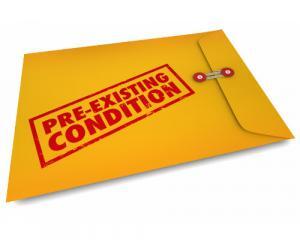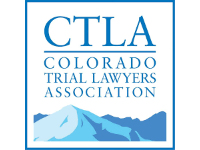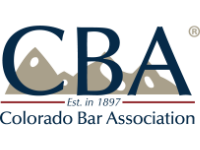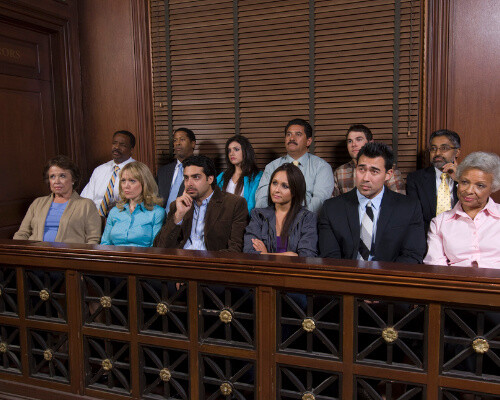
Call Us 24/7 For A Free Legal Consultation
At Rector Stuzynski LLC, We Get You MORE!
Exceptional Results Require Outstanding Attorneys
$4 Million +
Motor Vehicle Accident
$1.5 Million
Rear-End Car Accident
$1 Million
Motorcycle Accident

Millions Of Dollars Recovered Every Year For Our Satisfied Clients
Awards & Associations





If you’ve been injured in an accident due to someone else’s negligent actions, you’ll likely be involved in a personal injury settlement or go to trial if a settlement can’t be reached. If your case does go to trial, there are a lot of factors that determine how the trial goes. There are also many different reasons why these cases go to trial, which we will go into detail on below.

The timeline for injury trials can be quick and can sometimes take months or more if the opposing party doesn’t want to settle or is not happy with having to pay the amount requested in the beginning. This can be typical when fighting insurance companies that are trying to keep their profits high, as they want to pay as little as possible across every case they have to pay for.
During the trial, each party will have a chance to explain their own perception of what happened that caused the accident, the outcomes of that accident and the injuries that were a result, the amount of medical bills, lost wages, pain and suffering and other monetary factors that need to be covered, any evidence proving what happened, testimonials from people close to the person that was injured and much more. These proceedings give each party a chance to tell their side of the story in an effort to make their case and prove that what they say actually did happen and why they deserve the settlement they are asking for.
A settlement is an agreement between the two parties involved that there was fault and that the at-fault party is agreeing to pay for damages caused by the accident. These can be structured as lump sum settlements or structured settlements, depending on the agreement made.
When the at-fault party doesn’t think they are at fault or they don’t agree with how much of a settlement amount you are requesting or various other factors, this is when things typically go to trial. This happens a lot when the fault is not easily determined or the compensation requested seems unreasonable.
There are a lot of factors that determine if a case goes to trial. Some of the main ones are: difficulty proving fault, settlement amount is too high, the injured party is partially at fault, lack of evidence surrounding the case, details that don’t add up or seem unlikely, contradicting witness statements, plausible other causes of the accident and more.
As mentioned before, almost all injury claims are settled and never have to go to trial. When the evidence is clear, there is no doubt of who is at fault and the compensation amount requested is a fair and provable amount of damages, then most times the case will be settled without much back and forth. When you have an excellent lawyer presenting your case and all of the facts properly during settlement negotiations, the chances of a favorable settlement are even greater. If you don’t have an attorney representing you, make sure you know what questions to ask before accepting a settlement.
We serve clients injured anywhere throughout the state of Colorado, but we focus on residents of these areas: Colorado Springs, Manitou Springs, Fountain, Briargate, Monument, Black Forest, Pueblo, Canon City, Larkspur, Security-Widefield, Peyton, Castle Rock, Teller County, El Paso County, Elbert County, Park County, Douglas County and beyond.
Consultations are always free and available 24/7 over the phone.